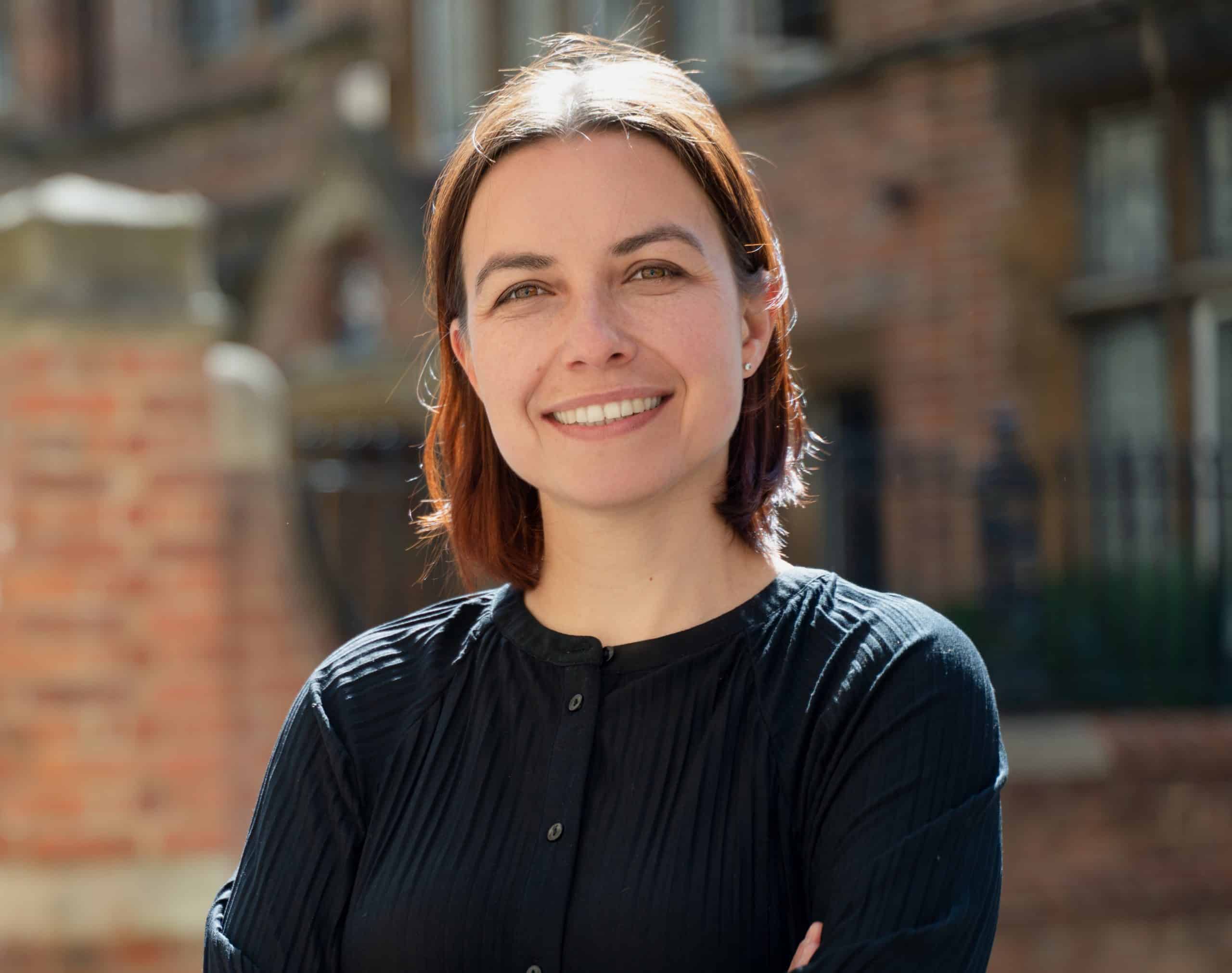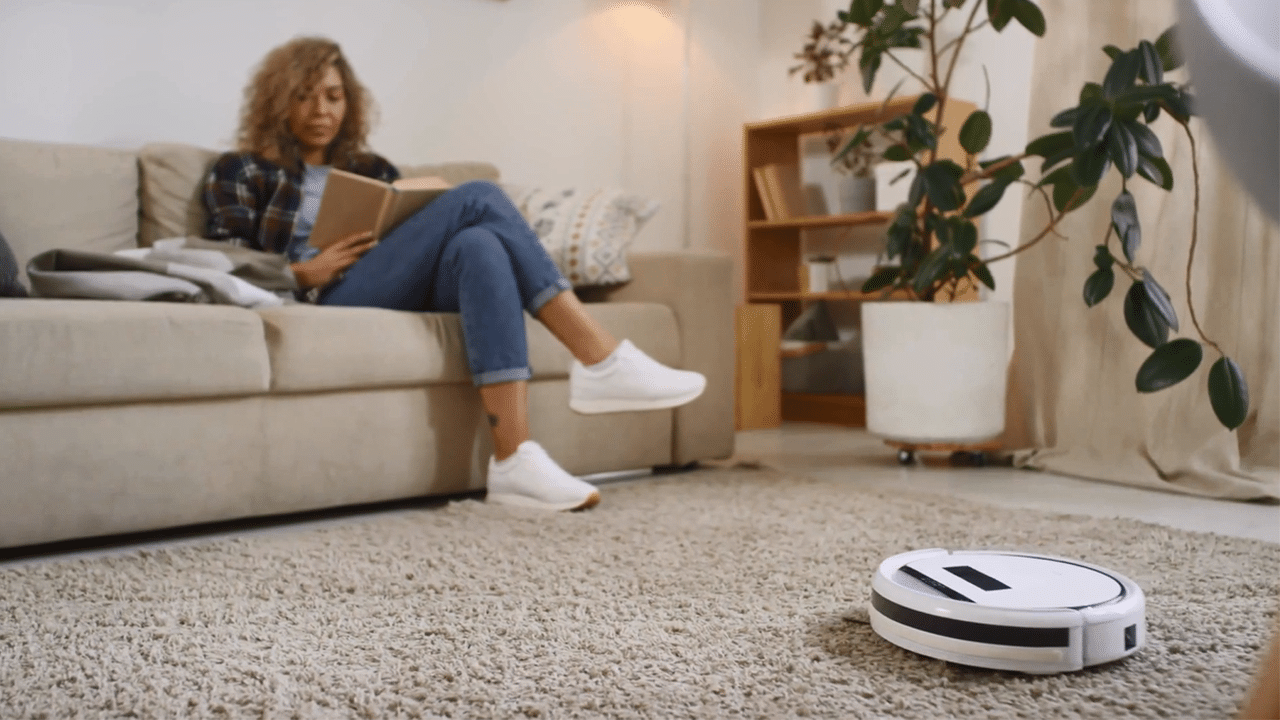Ekaterina Hertog
Sociologist
The automation of paid work has received significant attention in recent years, but the use of technology to aid with housework and caregiving has largely gone unnoticed.
My interest in this topic stems from my work on gender inequality and the division of labour within households. I believe that new technologies have the potential to address current social issues such as gender inequality in household work. However, I am also concerned that digitalization and automation of domestic tasks may exacerbate social and economic inequalities in unforeseen ways. Introducing more digital technologies into homes may also result in erosion of privacy beyond what we have witnessed thus far. For instance, as people view their homes as a place to unwind and relax, they may inadvertently record themselves with their new smart devices while engaging in activities they would prefer to keep private. In another example, households often comprise multiple individuals, and certain household members, such as children, may not be able to give their consent for domestic technologies to collect data about them. Nonetheless, such information may be collected anyway.
I became a sociologist after spending a year in Japan which I loved, but also felt perpetually puzzled by the ways my friends made momentous decisions about their lives, such as what to study, where to work and who to date. This puzzlement turned into a decision to study Sociology at Oxford University to better understand the role of social structures in personal lives. Having received my DPhil from Oxford I became a sociologist of the family analysing dating behaviours, marriage and childbearing choices, and how men and women share paid and unpaid work within families. Looking at the influence digital technologies have on domestic life seemed like a natural next step.
Find out more about the Domestic AI project.



